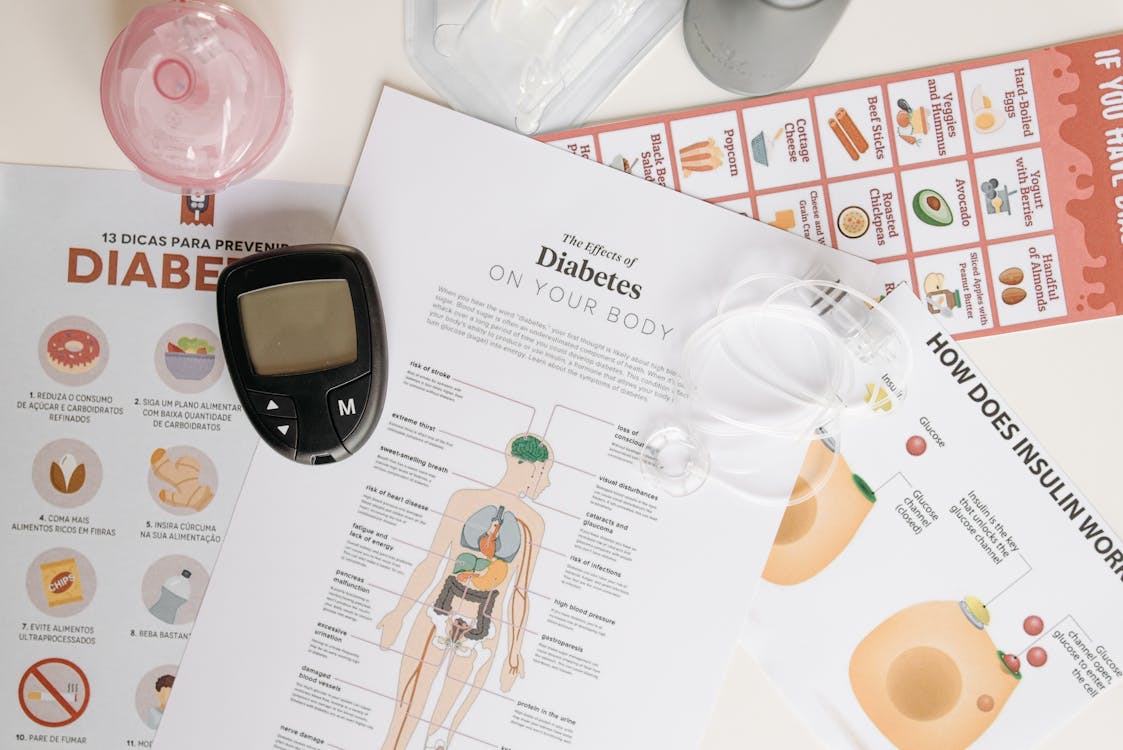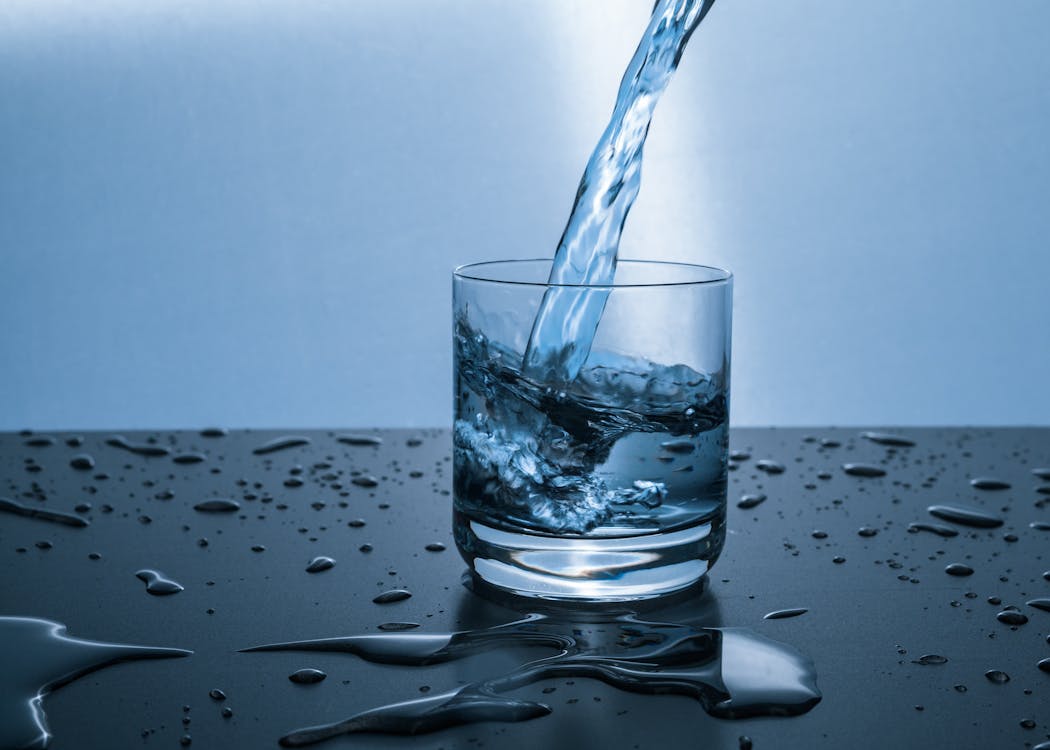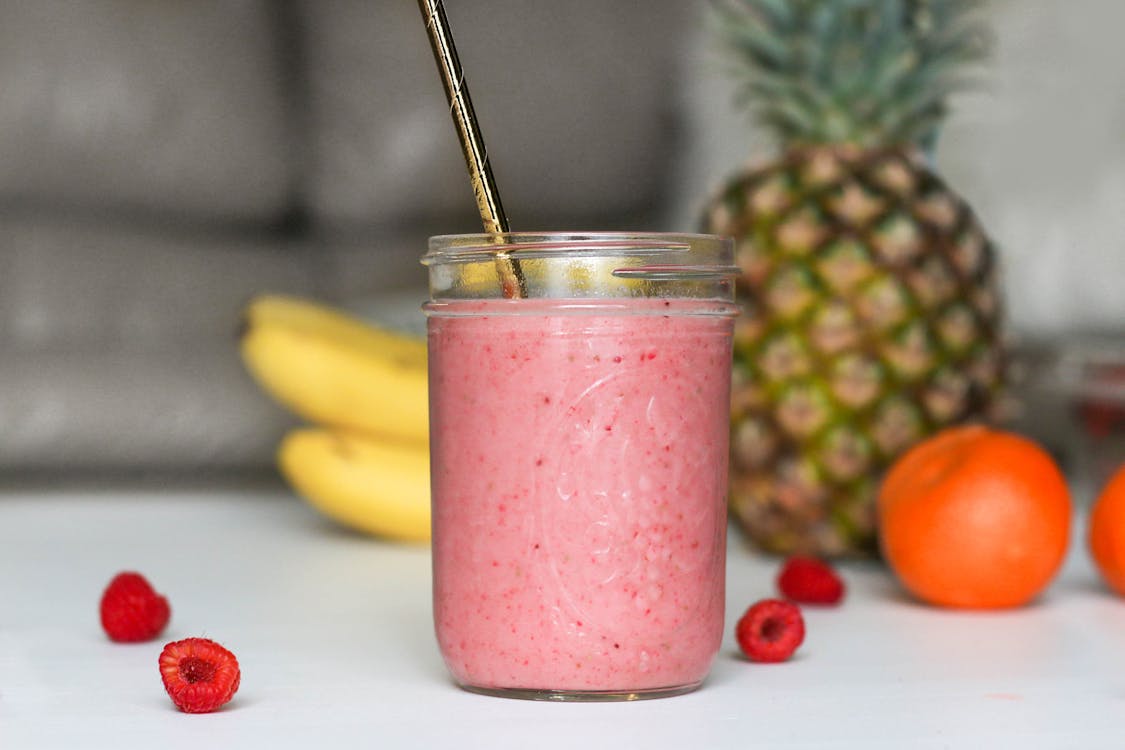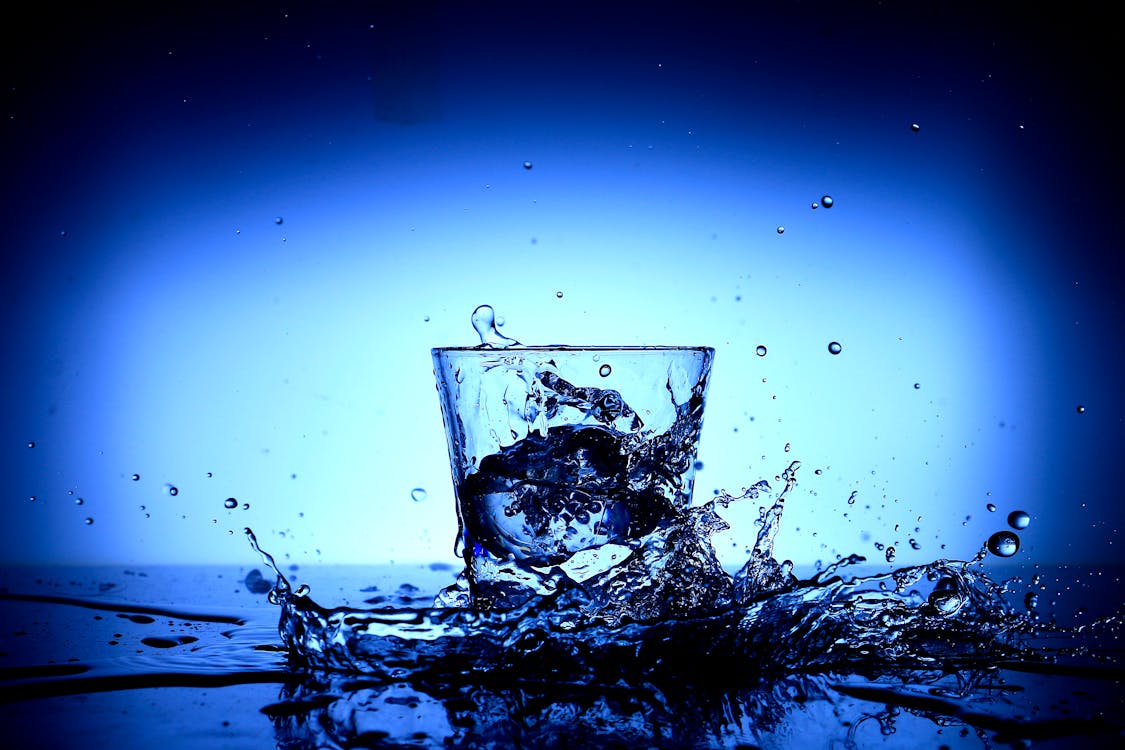Short explanatory video
Water helps control blood sugar levels and is the best drink for anyone with diabetes. Dehydration causes high blood sugar levels, so drinking water throughout the day can help people with diabetes to better control their blood sugar levels.
Hydration & diabetes
Diabetes concerns the levels of sugar in the bloodstream. These levels are affected by several factors, such as the food we eat, our activity levels, where we live, and our income level.
If you are continuously thirsty (polydipsia), find yourself drinking glass after glass of water throughout the day, and needing the toilet far more often, you need a diabetes test immediately. Polydipsia is arguably the key indicator of diabetes, and the longer you leave getting a test the worse the complications from diabetes are likely to be.
If you already have diabetes, you should be drinking water regularly throughout each day. This is not only because it helps regulate blood sugars and aids your overall control of diabetes, but also because it takes the stress away from your kidneys, which have to work much harder when blood sugar is high.
Causes of diabetes & risk factors


If you suffer from type 1 diabetes (T1D), it’s likely that your white blood cells attacked your pancreas and damaged the insulin-producing beta cells while attacking a virus.
There is growing research to suggest that traumatic incidents during childhood, such as divorce, illness, or the death of someone close can increase the likelihood of developing type 1 diabetes.1 Although the rates of type 1 diabetes diagnosis are approximately even for children and those over the age of 18, the numbers are increasing by about 4% each year and, among children with diabetes, about 96% have type 1 diabetes.
Type 2 diabetes is sky-rocketing due to lifestyle factors such as poor nutrition and little exercise, which in turn lead to obesity. If your waist circumference is larger than 31.5” as a person assigned female at birth and 37” as a person assigned male at birth, you may already have diabetes.2 Some people can go undiagnosed with type 2 diabetes for up to 20 years.
Considering that complications (such as irreversible damage to eyesight) are already present in 50% of newly diagnosed people with diabetes, it is vital to get tested as soon as any symptom appears.3
As the pancreas becomes overwhelmed or begins to shut down during diabetes, the body becomes resistant to insulin. This means that, regardless of production, insulin can no longer pull sugar out of the bloodstream and into the cells, so blood sugar begins to rise.
Prolonged high blood sugar (known as hyperglycemia) leads to complications such as:
- Cardiovascular disease
- Nerve damage
- Kidney damage or kidney failure
- Worsening eyesight, which can lead to blindness
- Gum disease
Best drinks for diabetes
Even without any other intervention, drinking water has been shown to reduce the risk of developing type 2 diabetes by creating greater viscosity in the blood, which in turn decreases blood sugar levels.4 This does not make water a cure-all for diabetes, but it does show how important it is to keep hydrated if you do have diabetes.
The best drinks for diabetes are water and zero-sugar drinks. However, be mindful that research found diet sodas linked to a 67% greater risk of type 2 diabetes than full-sugar counterparts.5 This is likely due to high intakes of sweeteners which are desensitising our sugar receptors and causing foods with little to no sugar to taste bland while increasing our desire for high sugared alternatives.
This means we are less likely to seek out healthy, nutritious foods while being less likely to associate high sugar with high calories. Much like high sugar foods, diet sodas should only be an occasional treat and not something to be relied upon to keep hydrated.
Recommended drinks include:
Water


This should be the go-to drink of the day. Start every day with a glass of water to rehydrate after you’ve been sleeping and keep sipping throughout the day. There’s no need for fancy bottled water: save the planet (and your pocket!) and drink tap water. If you dislike the taste, slice lemons, limes, or oranges, chop up berries to infuse in the water, or use a splash of low-sugar cordial.
Any water is fine, but if you are buying bottles, make sure there is no added sugar, as some bottled water contains almost as much sugar as a can of soda.
Instead of buying flavoured water, you could use a filter to remove the mineral content from tap water or add a splash of cordial or slice of fruit to change the taste a little more to your liking.
Smoothies


These are a great option to keep hydration high while getting a good amount of vitamins, minerals, and fibre. Smoothies can contain high levels of fructose sugar and may not be a good choice for type 1 diabetes, but the high fibre content means slower digestion and, therefore, a lower potential spike in blood sugar. This sugar spike is why people with diabetes should not have fruit juices, as it removes all the fibre and causes the high sugar content to be digested immediately.
Coffee and tea

Both of these drinks can hydrate you, but bear in mind that they are also diuretics, and overconsumption can increase dehydration and have a laxative effect. Furthermore, anything more than black coffee and herbal tea will contain sugar and coffee-shop beverages are likely to be a lot higher in calories than you may think; a standard cappuccino from a high street coffee chain contains approximately 164 Cal (equivalent to 8.2 tsps of sugar).
Implementing healthy hydration


Having a general hydration plan can help keep you on track. If you work at a desk, keep a water bottle handy and take regular sips, keep a water bottle in the car, and have a glass of water first thing every morning and before every meal. These latter points not only help keep you hydrated but help burn more calories throughout the day: in middle-aged and older adults, a glass of water pre-meal also helps reduce hunger and increase fullness from the meal.6,7
These steps help you towards a water goal of about 2 litres every day, which should be increased for exercise, additional activity, or if you spend extended time in the heat and sun.
If you have a child with diabetes, buying them a colourful cup or bottle may encourage them to drink more - it might even work for you too!
Finally, low water consumption, regardless of other liquid intakes, is associated with hyperglycemia - therefore, people with diabetes should be especially aware of the need to keep drinking water.8
Summary
Drinking water is essential for anyone with diabetes. Not only does it help regulate blood sugar levels, but water can reduce the risk of type 2 diabetes. Conversely, low water intake is a precursor of type 2 diabetes. However, fruit juices are not a good option and are more likely to lead to insulin resistance rather than hydration and weight loss. Finally, zero-calorie drinks will not increase blood sugar levels, but they are not the ideal alternative you are looking for.
References:
- Nygran, M., Carstensen, J., Koch, F., Ludvigsson, L., Frostell, A. (2015) Experience of a serious life event increases the risk for childhood type 1 diabetes: the ABIS population-based prospective cohort study. Diabetologia 2015;58:1188-1197
- Siren, R., Eriksson, J. G., Vanhanen, H. Waist circumference a good indicator of future risk for type 2 diabetes and cardiovascular disease. BMC Public Health 2012;12(631)
- Bonora, E. et. al. Chronic complications in patients with newly diagnosed type 2 diabetes: prevalence and related metabolic and clinical features: the Verona Newly Diagnosed Type 2 Diabetes Study (VNDS). BMJ Open Diabetes Research and Care 2020
- Janbozorgi, N. et. al. Water intake and risk of type-2 diabetes: A systematic review and meta-analysis of observational studies, Diabetes & Metabolic Syndrome: Clinical Research & Reviews. 2021;15(4)
- Nettleton, J. A. Diet soda intake and risk metabolic syndrome and type 2 diabetes in the multi-ethnic study of atherosclerosis (MESA): Diabetes Care 2009;32(4):688-694 https://diabetesjournals.org/care/article/32/4/688/29040/Diet-Soda-Intake-and-Risk-of-Incident-Metabolic
- Vij, V, A. & Joshi, A. S. Effect of ‘water induced thermogenesis’ on body weight, body mass index and body composition of overweight subjects: Journal of Clinical & Diagnostic Research, 2013;7(9):1894-1896
- Van Walleghan, E. L. et. al. Pre-meal water consumption reduces meal energy intake in older but not younger subjects: Obesity, 2007;15(1)
- Roussel, R. et. al. Low Water Intake and Risk for New-Onset Hyperglycemia: Diabetes Care. 2011;34(12):2551-2554

 3rd Revision: Conor Hodges
3rd Revision: Conor Hodges 




